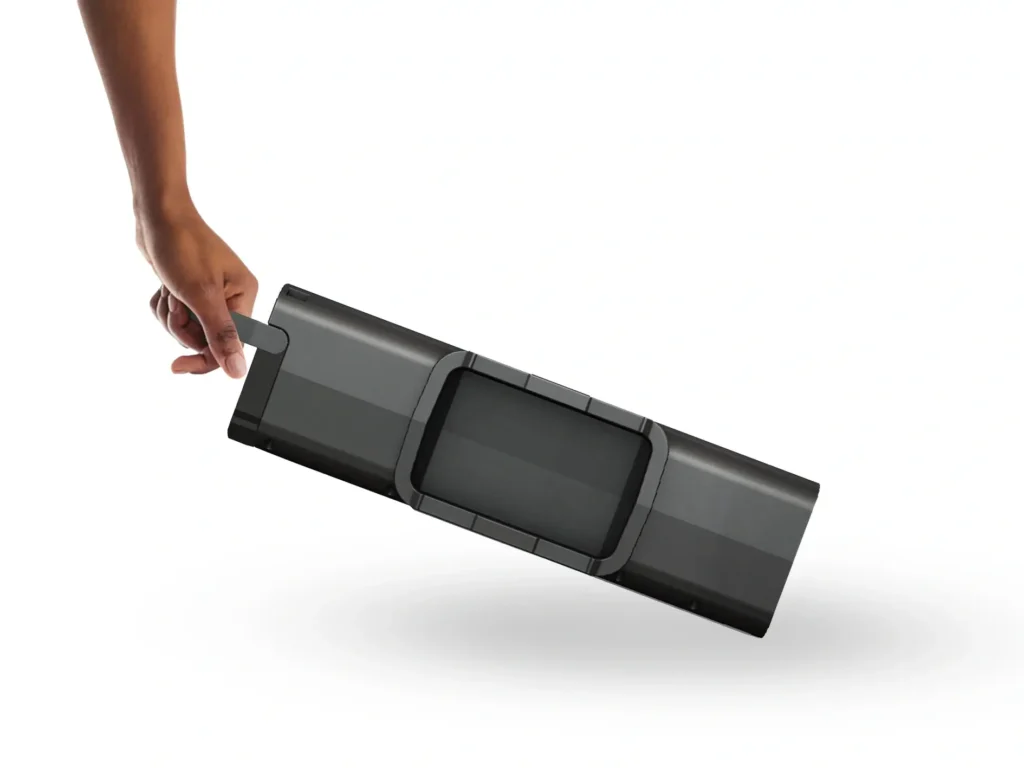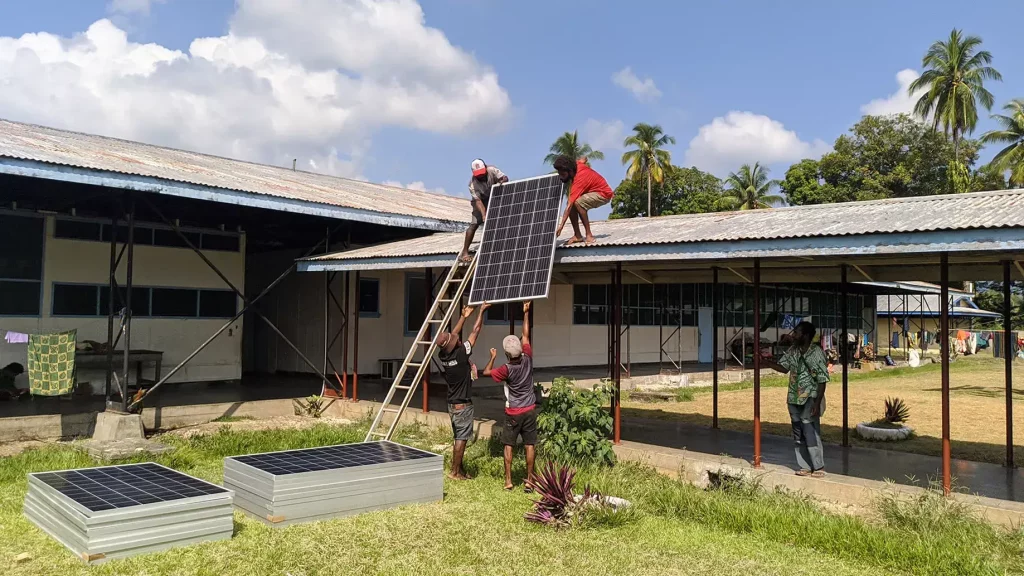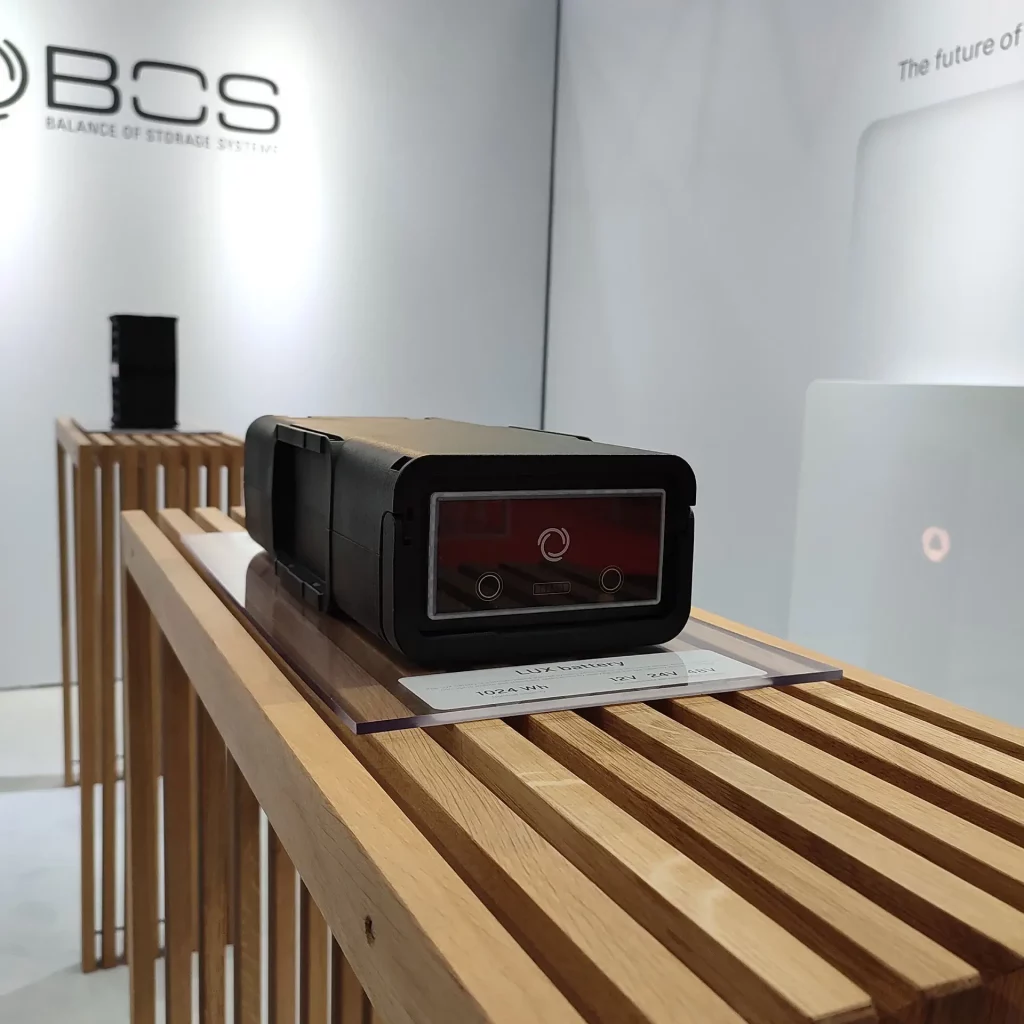Malawi
More than just customers
Reliable energy infrastructure for healthcare facilities
Deliveries and surgeries performed in the candlelight; children exposed to vulnerable diseases because of the lack of refrigeration for vaccines. This is everyday life in important healthcare facilities in emerging countries. The lack of access to energy prevents people in these countries from getting the quality healthcare they need. BOS and its partners are working on building a clean energy infrastructure at healthcare facilities across the global south.
Public health centers (PHC) in rural areas of emerging countries offer critical healthcare services but are unable to offer quality services without reliable energy access. These PHCs are sometimes located in remote areas without grid connectivity, which makes it impossible to offer quality healthcare services. This is especially true in the case of Malawi, where 84% of the population lives in rural areas without reliable grid power.
Health centers as power stations
Public health centers in emerging countries not only offer the much-needed healthcare services, but are also a place of refuge for local communities when a natural catastrophe (floods, earth quake) hits the region. With failing power systems during these times, these healthcare facilities are not able to support the people in any means.
Clearly energy access is quite critical to these health centers. But it is also important that these energy services are affordable and bankable, simple to use, long lasting, remotely monitored for preventive maintenance and not to forget clean. Powering these healthcare facilities with diesel genset destroys the local environment with noise and air pollution and is also expensive in the long run to maintain and operate. In case of longer outages, diesel gensets are not reliable anymore, as stored diesel is sufficient only for few hours. The energy systems should be flexible to meet the varied needs of PHCs and also scalable when needed.
One large scale implementation was done in Malawi, together with multiple partners like Differ Community Power, Zuwa Energy, USAID, and UNICEF. Modular solar energy systems were installed across 29 healthcare facilities in Malawi. Based on analysing the loads of the PHCs, it was decided that loads will be categorised concerning their criticality.
This ensures energy is always available for critical loads, no matter what. This was possible due to the energy management features of BOS solutions. Further each load had its own unique power demand, in terms of peak load. So, inverters were carefully sized to meet these requirements, without interruption.
It is quite well known that attrition rates at these healthcare facilities are high due to lack of basic facilities. Providing reliable energy to PHCs will not solve the purpose if these PHCs are unable to retain their staff members. Therefore, excess energy is used to power the staff quarters. A nano-grid connecting the nearby quarters was implemented. This solved two main problems: Basic amenities for the staff were provided and additional revenue for the maintenance of the systems was generated from selling excess energy. These systems are remotely monitored for preventive maintenance, visits are planned every six months, and staff is professionally trained to operate and use the system.
This project proved vital in efforts to curtail the spread of Covid-19. Before this project was realised, there was no hope for vaccines reaching the region due to the lack of energy to power the refigerators. The number of people visiting these PHCs increased because they can now count on a proper treatment. The project will positively impact around 300,000 people living in the communities nearby the PHCs. Malawi faced one of its worst storms when storm Ana hit the country, and many of the PHCs had no electricity for several days. Solar powered systems will prevent such scenarios in the future and allow the continuous operation of PHCs even during natural catastrophes.
Malawi
2022
Offgrid | Healthcare
300 kWp of solar PV
125 kVA of Inverter Power
290 kWh installed lithium capacity





